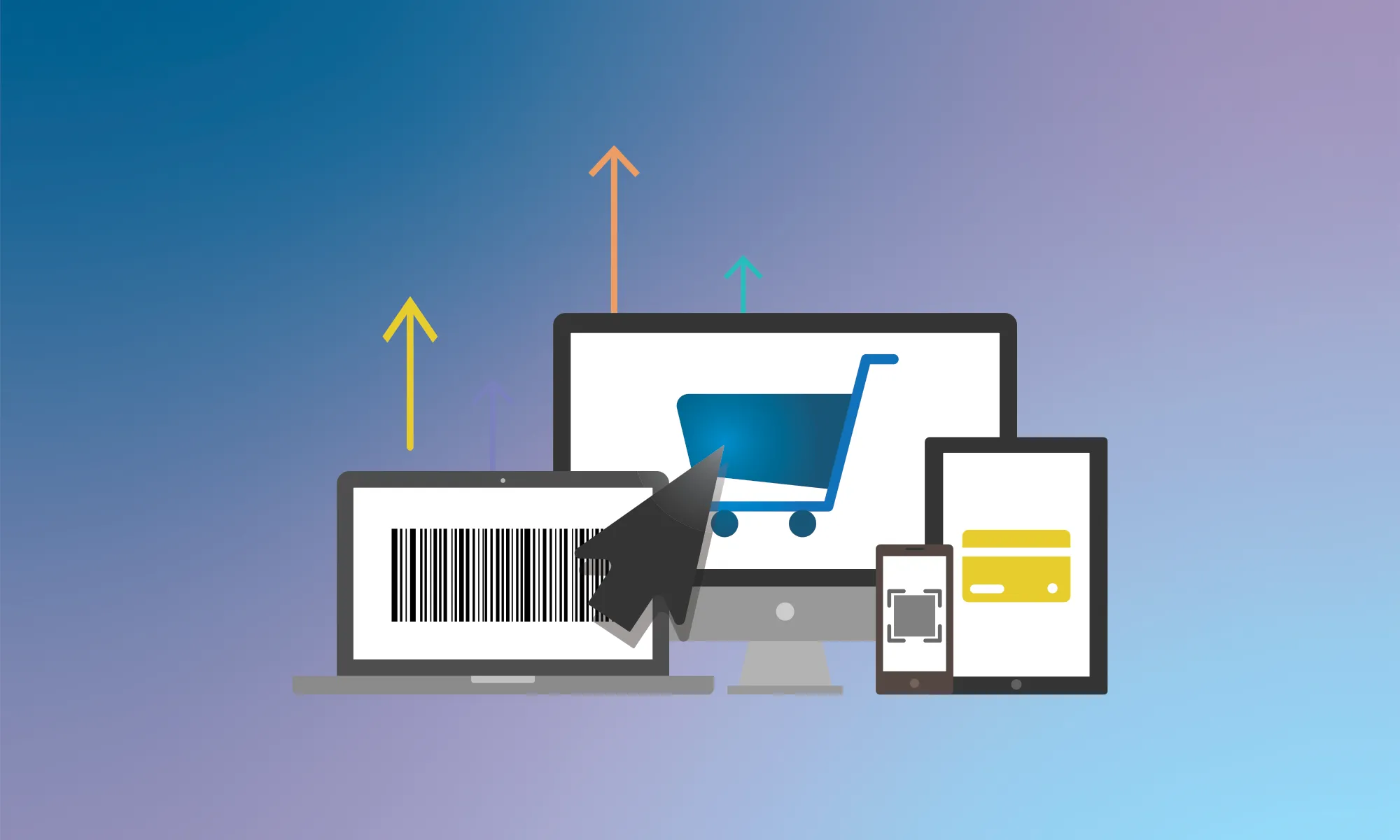Effective January 1, 2025, Iceland has introduced new Digital Platform Reporting Rules, aligning with the OECD Model Rules and the EU’s DAC7 directive. These regulations require both resident and non-resident digital platform operators facilitating specific activities to collect and report detailed information on sellers using their platforms.
Key Takeaways: What’s Changing and Who’s Affected
- Effective Date: Data collection commences on January 1, 2025, with the first reporting deadline set for January 20, 2026.
- Scope of Activities: The rules apply to platforms facilitating:
- Rental of immovable property
- Sale of goods
- Personal services
- Rental of transportation
- Seller Information Requirements: Platform operators must collect and verify seller information, including Tax Identification Numbers (TINs and VAT numbers), and provide notifications to sellers regarding the reporting obligations.
- Non-Resident Companies: Non-resident platform operators are within the scope of these rules, ensuring comprehensive coverage of digital economic activities related to Iceland.
- No Minimum Threshold: There is no minimum threshold for reporting; Platform Operators of all sizes are in scope
- Integration with EU Reporting: Companies already reporting under the EU’s DAC7 directive can include their Icelandic Seller data in their DAC7 reports, streamlining compliance efforts.
Iceland is the newest addition to the list of countries implementing such data sharing regulations after the EU, Canada, Australia, New Zealand, Switzerland, Costa Rica, Chile and the UK.
For further details, refer to the Iceland Revenue and Customs website and the official Regulation 1664/2024.
How can Fonoa help?
With our tax number validator, you can validate tax IDs from Canada and 110+ countries in bulk and individually and return necessary information from local databases like name and address.
Our Data Sharing product will guide tax professionals towards compliance with the new reporting requirements and automate technical complexities so you can save time while owning and controlling the end-to-end process. No need to share your data outside your organization or asking software engineers to help you build the necessary scripts.
Our Data Sharing product comes with a proven track record of helping industry leading Digital Platforms comply with similar rules in the EU (DAC7), Canada, Australia, New Zealand and the UK.
Put your time and energy back into your business, not tax compliance!
Get in touch to automate these data reporting processes.
FAQs: Iceland’s Digital Platform Reporting Rules
1. Who is affected by these new regulations?
The rules apply to digital platforms that facilitate transactions in the following areas:
- Rental of immovable property (accommodation, parking spaces or even commercial real estate)
- Sale of goods (online marketplaces)
- Personal services (freelance work, couriers, ridesharing)
- Rental of means of transportation (renting out cars, boats, bikes)
2. When do these rules come into effect?
The data collection and validation requirement starts from January 1, 2025, and the first reporting deadline is January 20, 2026.
3. Do non-Icelandic digital platforms need to comply?
Yes, all Digital Platforms that enable Icelandic individuals or companies to earn revenues in the fields described in point 1. above. can be in scope of the new reporting rules. Additionally, Digital Platforms that facilitate the rental of any types of immovable properties that is physically situated in Iceland, can also be in scope.
4. What information must platform operators collect from sellers?
Platform operators must collect and verify the following information:
- Seller’s full name or legal entity name
- Address and country of residence
- Tax Identification Number (TIN) or VAT number
- Bank account details
- Total amount of transactions conducted and revenues earned through the platform
The above are the most important points. The OECD data schema contains approximately 90 data points to be collected and reported.
5. Is there a minimum threshold for reporting?
No. Unlike some tax regulations, Iceland’s rules apply to all platform operators, regardless of size or revenue.
6. What happens if a platform fails to comply?
Failure to comply with the reporting requirements will result in penalties, though specific details on enforcement measures have yet to be clarified.
7. How does this align with the EU’s DAC7 directive?
If a platform operator is already reporting under the EU’s DAC7 directive in an EU Member State, they can include Icelandic Sellers in the same DAC7 report, reducing duplication and simplifying compliance.
8. Where should platform operators submit their reports?
The Icelandic tax authority is expected to provide an official reporting portal or system for submission. Further details will likely be shared closer to the reporting deadline.
9. How can companies ensure compliance with these regulations?
Companies can ensure compliance by:
- Implementing systems to collect and verify seller information
- Keeping up to date with Icelandic tax authority guidelines
- Using automated tax compliance solutions like those provided by Fonoa
10. Where can I find more details or official guidelines?
You can visit the Iceland Revenue and Customs website or refer to Regulation 1664/2024 for further details.
















